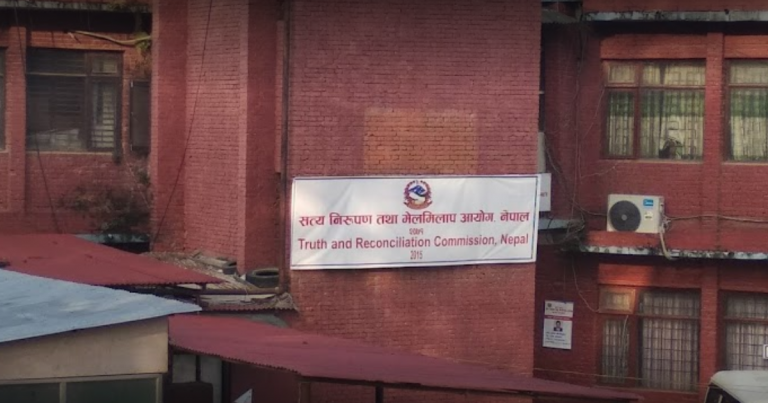
As many as 13 years have passed since the Comprehensive Peace Agreement was signed between the then government and then Communist Party of Nepal (Maoist Centre) to end the 10-year long conflict. Following the agreement, two transitional justice bodies: Truth and Reconciliation Commission (TRC) and Commission of Investigation on Enforced Disappeared Person (CIEDP) were formed to investigate into the gross rights violations and abuses by both state and rebel sides that had occurred during the conflict.
However, the government has made no real progress on providing justice to the victims or giving them a reparation, four international human rights organizations have said.
Marking the 13th anniversary of the agreement, four international human rights organizations – the International Commission of Jurists (ICJ), Amnesty International, Human Rights Watch (HRW), and TRIAL International – published a press release condemning the government for failing to address the victims’ plights as well as to resolve conflict.
The TRC as well as the CIEDP were supposed to address war-related crimes, but the bodies failed to live up to their promises, delaying the already late justices to the victims. Moreover, the government’s move to reappoint officials at the commissions without any necessary amendment to the existing laws has frustrated the human rights organizations, according to authorities at the said organizations.
“It is shocking to learn that the government has made sluggish progress to address the victims’ already clyster-clear complaints,” Frederick Rawski, ICJ’s Asia-Pacific Director said.
Though Nepal government formed the TRC and CIEDP in April, 2015 (Magh, 2071), the commissions failed to address the victims’ complaints and have neither made public the findings of a few cases they had worked on.
On April 13, 2019, the government decided to bid farewell to the officials of the transitional justice bodies by forming a five-member recommendation committee to select new officials. However, the recent list of probable candidates for the transitional justice bodies published after deals between political parties includes eight of those 10 officials who were relieved of their duties in April.
“It is a distressing fact that the government has repeatedly put efforts to reappoint the commissioners without any adequate consultation and transparency by going against their own promises. Such external political interference to the selection of the commissioners will help to gain the trust of neither the victims nor the international community,” said Biraj Patnaik, South Asia Director at Amnesty International.





